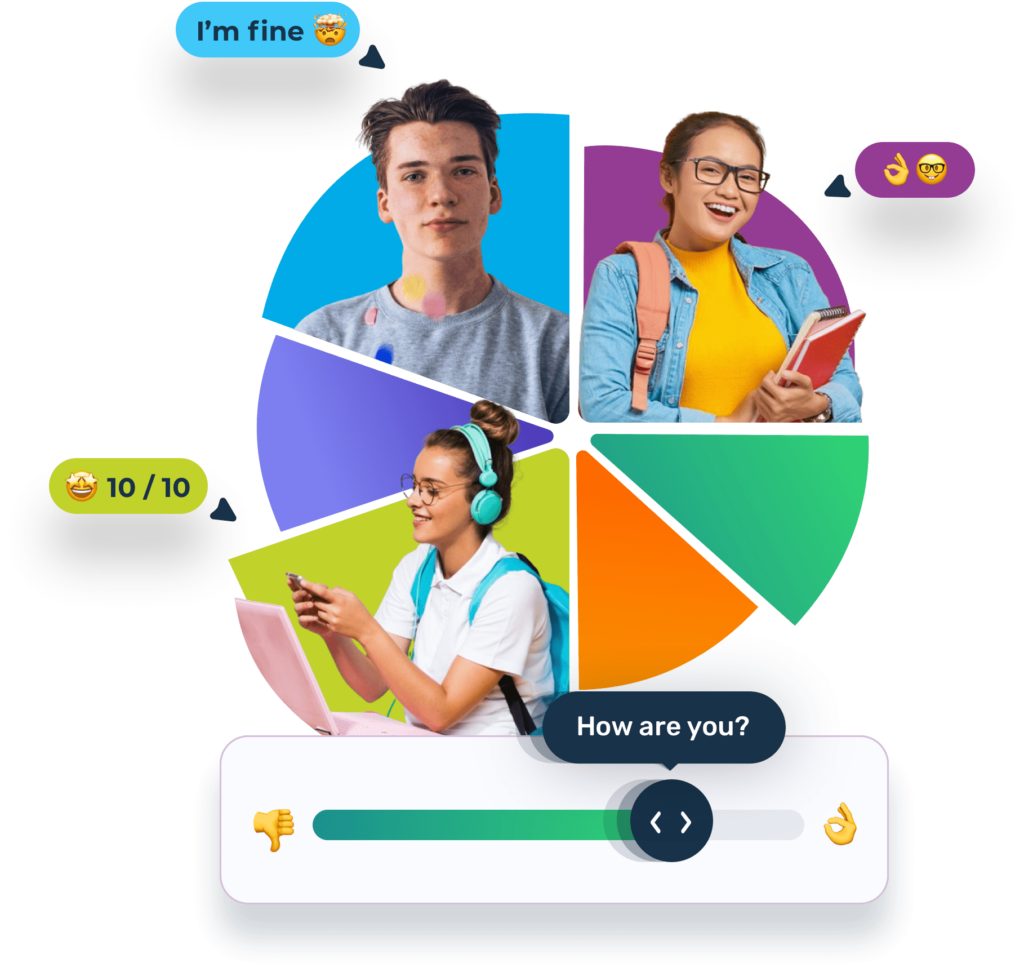Better Schools: Tips to Implement Values Education in Your School
Values Education is an approach that’s shown great outcomes for students, teachers and schools. There’s a recipe to implementing Values Education that will see schools realise these benefits: this article takes a deeper look into these tips to implement Values Education in schools.
What is Values Education?
Values Education is an approach that acknowledges that effective schools needs to encourage, support and nurture the holistic development of students. In Australia, much of this effort was driven to meet the aspirations of the Melbourne Declaration on Educational Goals for Young Australians:
The curriculum will enable students to develop knowledge in the disciplines of English, mathematics, science, languages, humanities and the arts; to understand the spiritual, moral and aesthetic dimensions of life; and open up new ways of thinking.
Values Education is intended to help students understand and be able to apply values. Put simply, Values Education recognises the importance of a holistic approach to student learning and growth, and placed increased emphasis on values in a school’s curriculum and teaching.
What are the Benefits of Values Education?
Research established that Values Education has the potential to have a profound effect on the educational environment provided by a school. Classrooms became more respectful, harmonious and focused. Students became more kind, considerate and respectful, and gained important academic and interpersonal skills. Student wellbeing improved, particularly the voices of the students themselves. In addition, teacher-student relationships and the whole school environment were also strengthened!
It’s a compelling case to integrate values into a school curriculum. For further information, see our longer summary of the benefits of Values Education.
How can a School Successfully Implement Values Education?
From the outset, Values Education acknowledged that the approach requires values to be articulated, and learning about values requires a partnership between students, teachers and the whole school community.
The conclusions of the Final Report for the Australian Government Department of Education, Employment and Workplace Relations (DEEWR) extended these thoughts. Key elements found in schools that had that successfully implemented Values Education included the following:
- Values Education needs to be regarded as a “core business” and a priority within the school.
- Values Education needs to have the support of school leadership and a team of committed staff.
- A common language needs to be developed to describe the values and the school’s expectations.
- Values need to be taught in an explicit way, in the classroom and beyond the classroom.
- Values need to reinforced by real world learning, including planned and unplanned learning opportunities.
- Values Education needs to be scaffolded by supportive school wide practices, including teacher facilitation of student reflection.
- Values Education needs reinforcement through consistent verbal acknowledgement and encouragement.
- Values Education needs to align with high standards for overall participation, performance and achievement.
Using iyarn as a Tool for Values Education
In the school environment, iyarn starts conversations with students through simple, powerful check ins. iyarn is a flexible tool for pastoral care and student wellbeing that can be customised to the specific requirements of an individual school, a group of students or even individual students.

Through a simple user-friendly experience, students are prompted to think about a handful of key topics and how they’re currently feeling. This process provides rich, timely data that is perfect to provoke deeper thought or start a conversation.
The routine of checking in on iyarn helps support many of the ‘best practices’ for implementing Values Education in a school environment. Specifically:
- iyarn helps build shared language on what matters to students, teachers and a school.
- iyarn is a school-wide practice that reinforces and scaffolds the agreed values, whatever those values might be.
- iyarn check ins are a verbal catalyst to talk about values, and how students are going in relation to the values.
- iyarn provides actionable data and feedback that can help teachers support students in the right way, at the right time.
Contact us for more information on how iyarn can support the learning and growth of students at your school.




